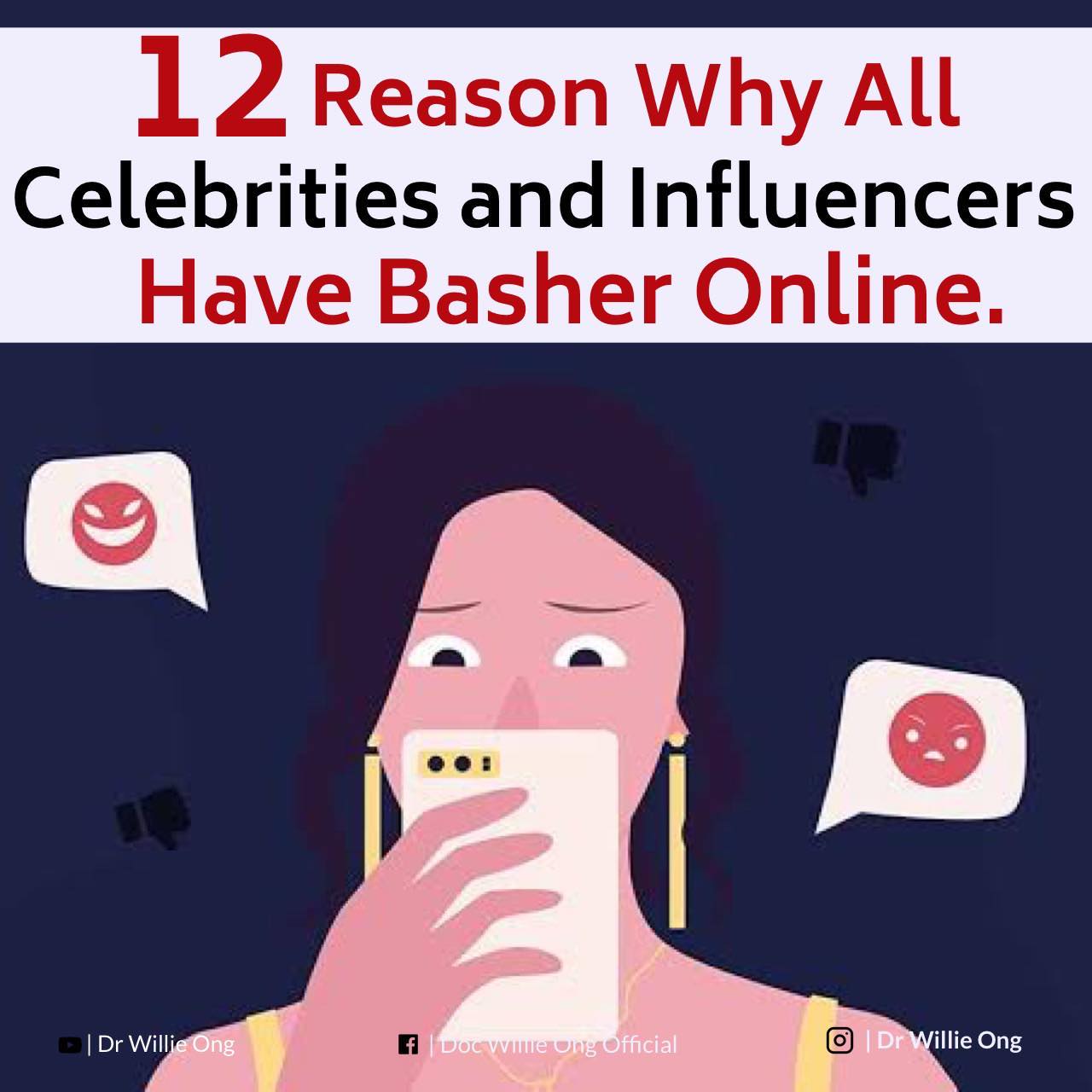By Admin
The presence of critics, bashers, or online negativity targeting famous individuals is a complex issue influenced by various factors related to human behavior, anonymity on the internet, and the nature of social media platforms.
Here’s what’s happening in the social media world that contributes to this phenomenon:
Anonymity and Disinhibition:
The relative anonymity provided by the internet allows people to express themselves without revealing their true identities. This can lead to a disinhibition effect, where individuals feel more empowered to say hurtful or negative things they might not say in person.
Jealousy and Envy:
Some individuals may express criticism or negativity out of jealousy or envy. Seeing famous people’s success and popularity can trigger feelings of resentment or inadequacy, leading to online bashing.
Deindividuation:
The digital world can sometimes lead to deindividuation, where people feel less accountable for their actions and words due to the lack of face-to-face interactions. This can lead to more aggressive or inappropriate behavior online.
Misdirected Anger:
People might use online platforms as an outlet for their own personal frustrations, misdirecting their anger toward public figures or celebrities.
Confirmation Bias and Polarization:
Social media platforms often facilitate the creation of echo chambers, where individuals are exposed to content that aligns with their existing beliefs. This can lead to polarization and the amplification of negative viewpoints.
Celebrity Culture and Perceived Accessibility:
The rise of celebrity culture can create a sense of familiarity with famous individuals, making some people feel entitled to comment on their lives and actions. This perceived accessibility can contribute to both positive and negative feedback.
Viral Culture:
Online negativity can gain attention and visibility quickly due to the viral nature of social media. Negative comments or controversies can spread rapidly, leading to more engagement and attention.
Lack of Consequences:
The perceived lack of consequences for negative online behavior can embolden individuals to engage in bashing or criticism without fear of facing real-world repercussions.
Echo Chambers and Algorithms:
Social media algorithms often prioritize content that generates engagement, which can inadvertently amplify negative comments and feedback, creating a skewed perception of public opinion.
Societal and Cultural Changes:
Broader societal issues, such as cultural shifts, ideological differences, and societal divisions, can spill over into online interactions, contributing to online negativity.
Comparisons and Insecurity:
Seeing others’ success on social media platforms can trigger feelings of insecurity and the desire to criticize or tear down individuals who seem to have it all.
Lack of Context:
Online interactions often lack the context that comes with face-to-face communication, making it easier for misunderstandings to occur and for comments to be taken out of context.



